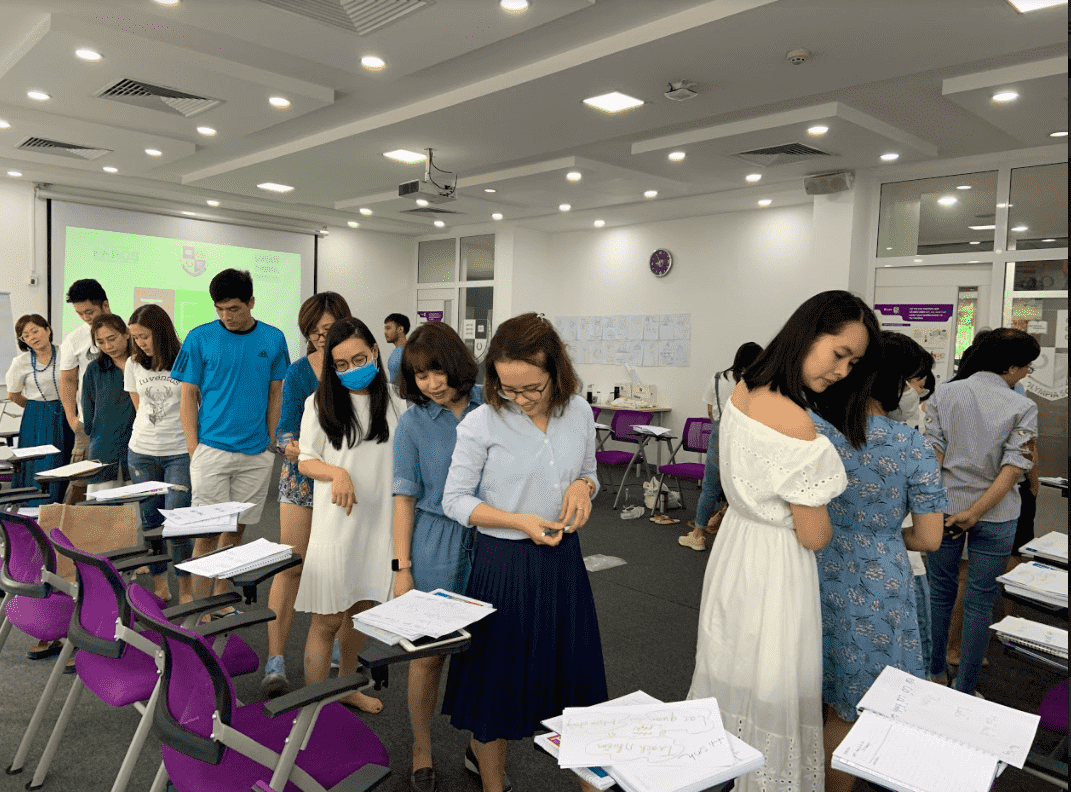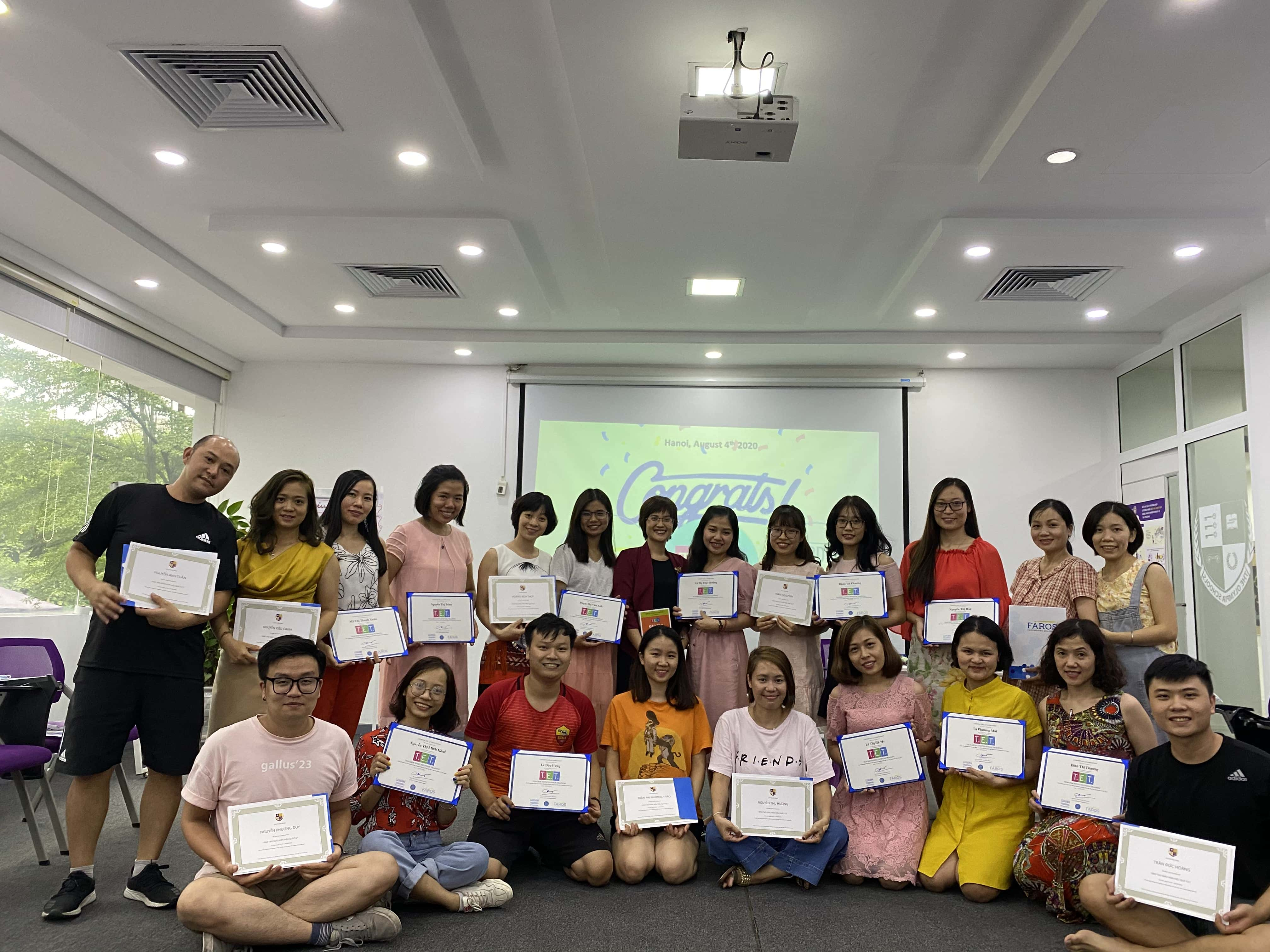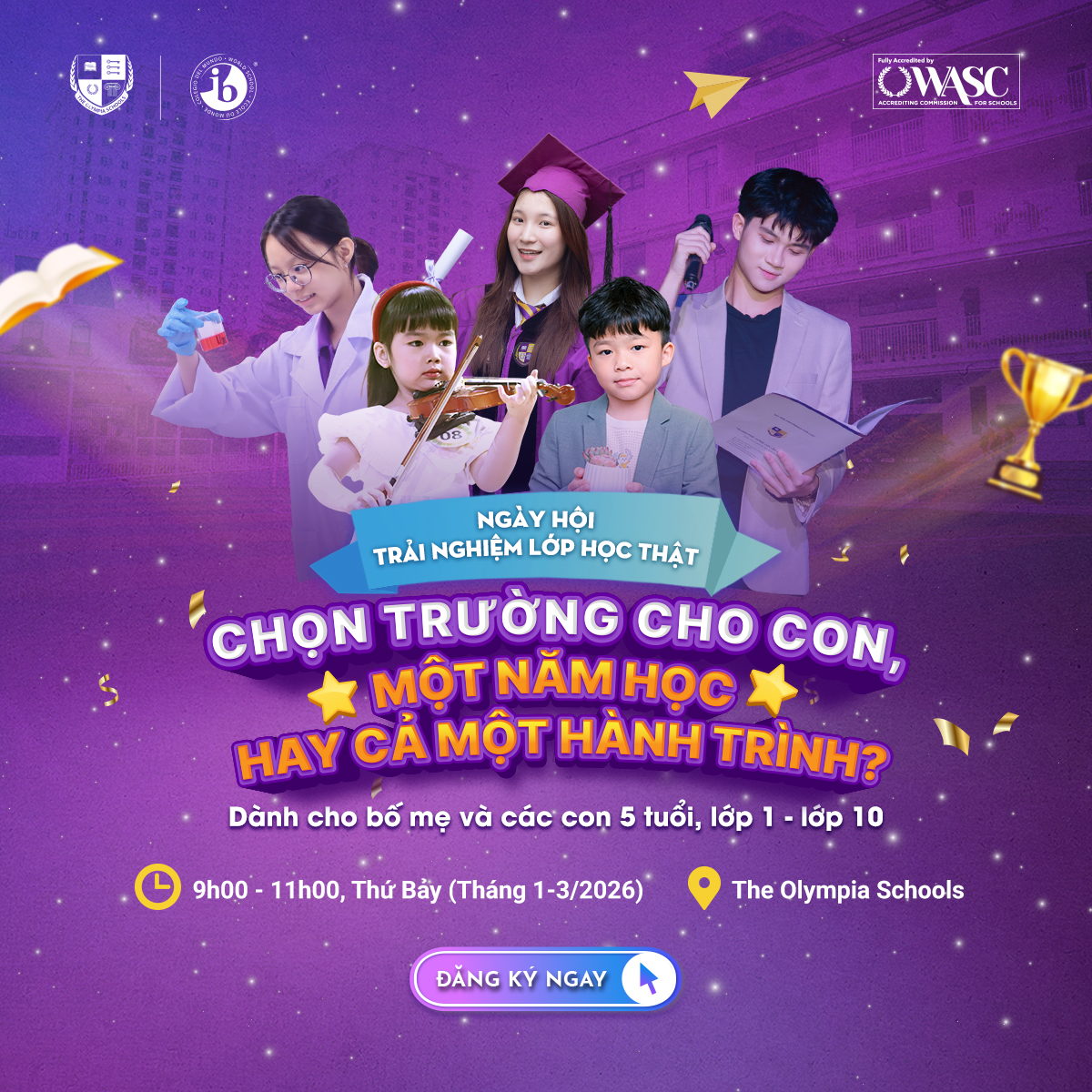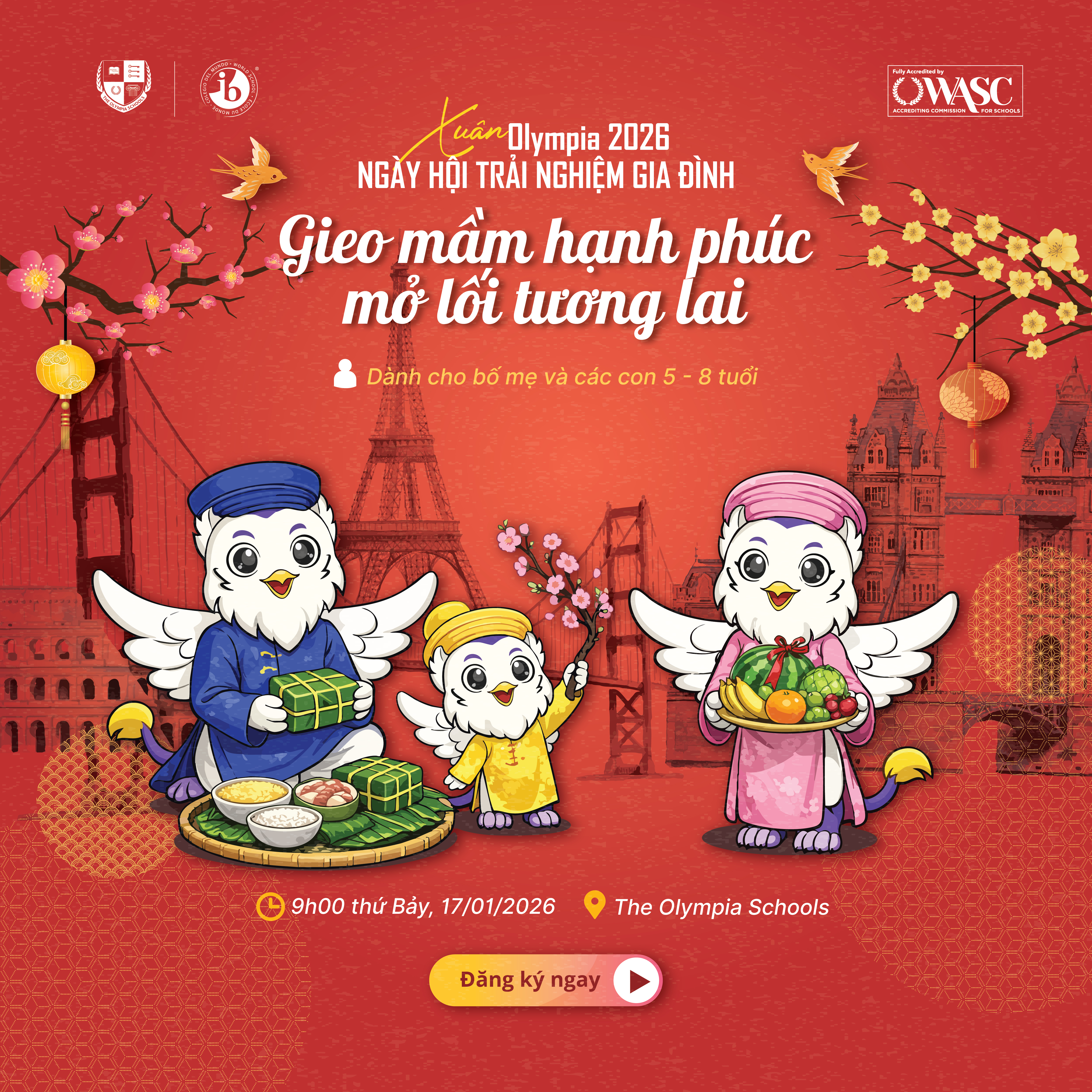
Developing positive, effective relationships between teachers and students
30 September, 2021
In any educational setting, the link between teachers and students is always recognized as one of the important factors, even the foundation, to create a humane, effective educational environment. With the Effective Teacher training program – T.E.T, Dr. Thomas Gordon believes that it is necessary to have a special kind of relationship – a special kind of connection between teachers and learners. More simply, Thomas Gordon wants us to focus on the quality of speech and the most appropriate way of communication for different situations so that interactions between teachers and students can be closer and help improve the effectiveness of teachers in teaching, of students in learning.
“A student (…) felt unconfident (…). She shared with me in her text message. Instead of giving advice, I listened actively and asked some provoking questions. She felt more open to talk about her problem. At the end of the conversation, I felt that she was excited as if she had addressed her problem, but actually, she was the one to discover her issue and come up with suitable solutions. For me, I felt really happy when the child opened up to share her secret thoughts and I did not have to recommend any imposing solutions for her. Thank you, T.E.T. Thank you, teachers, for bringing the course for me and the students”. It is a high school teacher’s sharing of The Olympia Schools after a period of time “living T.E.T”.

Figure: The Olympian teachers in the Effective Teachers training program.
The warm, little story is part of the picture of communication between teachers and students, which we care about in the school environment. Such an environment is considered a miniature society in which the quality of relationships between teachers and students plays an important role.
Active listening
Listening seems to be something that teachers do every day. However, is what teachers hear the message students want to send? Is what teachers understand what students are trying to convey? With the ACTIVE LISTENING skill introduced in T.E.T program, teachers not only know how to listen, test the accuracy of listening activities but also understand the real messages of students. One more special thing is that when teachers listen to students with acceptance, sincerity and empathy, students will have opportunities to develop themselves: regulate emotions, identify their real problems, and come up with solutions to the problems they are facing.
Coping with unexpected behaviors
In relationships between teachers and students, there are many times when one’s behavior interferes the other’s needs. Teachers often fall into the trap of blaming, criticizing students and demanding that students stop the behavior or implement a behavior teachers want. In that way, students often react harshly and do not change their behaviors. At that time, Dr. Thomas Gordon suggests that teachers use I MESSAGE as an alternative to common approaches to make students take responsibility for regulating their behaviors, and to give them opportunities to change their behaviors, starting from their care about teachers’ needs. In this way, students will become more mature and develop the ability to be responsible for themselves.

Peaceful conflict resolution
Conflict in school, like all conflicts in life, is an inevitable part. Conflicts are moments of truth in a relationship, a test of the health of the relationship, a crisis that weakens or strengthens the relationship, pushing those involved apart or draw them together and create harmony. Therefore, we cannot avoid conflict. The most important thing is how to resolve that conflict so that both can win and the relationship becomes good. The basic approach of teachers, as well as parents, is often to think of conflict resolution in terms of someone winning and someone losing. That not only puts teachers in a situation where they wonder if they need to be strict (to win) or easygoing (for students to win) but also encounters a lot of resistance from students.
“When I was giving a lecture, the students talked in private so much that it drowned out the teacher's voice. After I asked the students to calm down, repeating the principles of volume and respect, a few minutes later the ruckus started again. That repeated several times for about 30 minutes. Before, I would start to feel angry for not being respected. But after attending the Effective Teacher Training course, I understood that there must be certain reasons behind the students talking in private like that. I decided to take a break from the lesson, spend time talking with my students, and work with them to use amicable conflict resolution to manage this conflict. It took us about 15 minutes to see each other's needs, come up with solutions to the problem, analyze, evaluate and select a solution, and assign responsibility for implementing the solution. After that, I had 45 minutes of teaching and learning in its own right, and both sides felt comfortable, respected, and had our needs met. The biggest lesson here is respect for students and ourselves, a spirit of democracy that actually respects the rights and voices of each individual student and teacher. At the same time, teachers also need to be "courageous" not to use their power to resolve conflicts of needs with students." - One teacher told me a situation where the Effective Conflict Resolution method of Effective Teacher Training was used in her classroom practice.

Curious about the effectiveness of handling that situation in the classroom, we reached out to a student in the teacher's class that day and he said, “It was a great class, because the teacher did a great job dealing with a real problem in class with the theory she taught us. And it's so smooth!”
With a spirit of democracy, openness and sincerity in communication, teachers and students have shown respect for each other's needs, values and the right to have those needs met. Skills such as Active Listening, Coping with Unexpected Behavior, Effective Conflict Resolution Methods, etc. of the Effective Teacher Training program, are thus used as tools to develop healthy relationships which is a prerequisite for both teachers and students to grow into better versions of themselves, while continuing to bond with each other in respect, love, and harmony.
It seems that the spirit and effectiveness of the skills that Olympian teachers have been provided in the Effective Teacher Training program in the past time are more present in the classroom space, at school, helping teachers and students work better together to achieve their individual and school-wide educational goals.
Ms. Pham Thi Hoai Thu,
Certified Instructor of Effective Teacher Training Program in Vietnam; In charge of T.E.T program at Olympia.



















